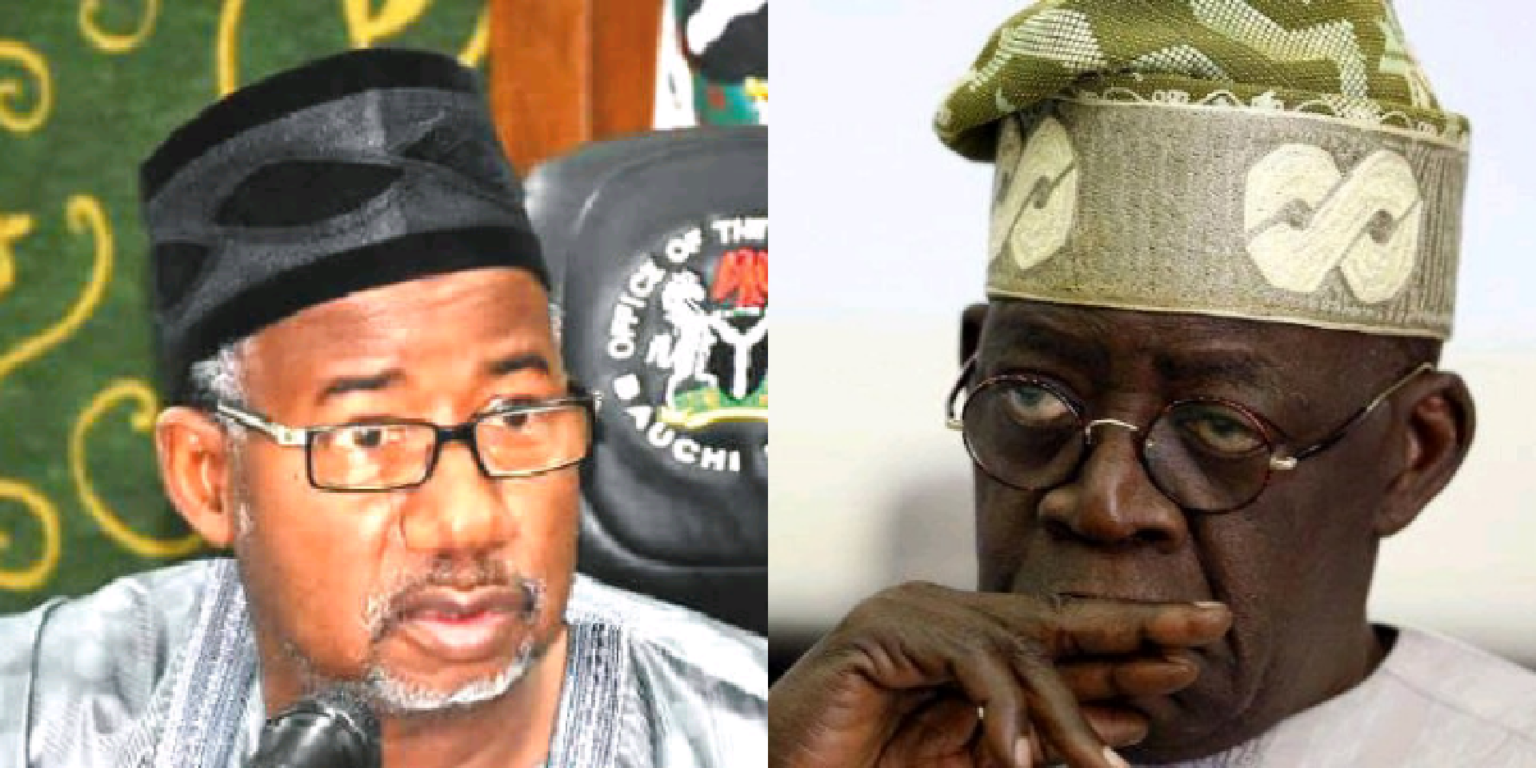By Abba Dukawa
Although I have never met Governor Bala Mohammed in person and have only seen him on television, his recent critique of the federal government’s economic policies resonates deeply with the plight of ordinary Nigerians.
Governor Bala’s concerns stem from genuine empathy for citizens enduring unbearable hardships, exacerbated by the prevailing economic realities. Millions of Nigerians are grappling with the high cost of living, widespread poverty, and increasing hardship, underscoring the depth of economic challenges faced across the country.
The governor’s statements have struck a chord with many Nigerians, irrespective of their political affiliations. His boldness in speaking truth to power has garnered widespread praise, as he highlighted the inefficacy of the current economic policies. However, his remarks have also elicited a sharp response from the Presidency.
While President Bola Ahmed Tinubu has defended his economic reforms as necessary steps to strengthen the nation’s economy, policies must be implemented with a sense of compassion and understanding for the struggles of ordinary citizens.
One area of contention is the proposed Tax Reform Bills, which have generated widespread concern. Experts have warned of their potentially negative implications, advising the government to delay implementation and engage in further consultations. The National Economic Council (NEC), comprising 36 state governors and chaired by the Vice President, has also expressed reservations about the bill, emphasizing the importance of broad stakeholder engagement.
Despite these concerns, the Presidency has dismissed the NEC’s advice, maintaining that the reforms are critical for enhancing fiscal institutions under President Tinubu’s administration.
Governor Bala Mohammed voiced his concerns during a meeting with Sheikh Yahaya Jingir, a prominent advocate of the Muslim-Muslim presidency, at the Bauchi Government House. He urged President Tinubu to heed the cries of Nigerians and address their suffering, emphasizing that it is his responsibility as a leader to speak the truth.
“I am sure you have heard that we are quarrelling with the President,” Governor Mohammed remarked. “Yes, it is true we are quarrelling because our people are suffering, and the President has refused to listen to us.”
The governor’s comments should not be misconstrued as personal attacks on President Tinubu but rather as constructive criticism aimed at drawing attention to the economic hardship faced by Nigerians. It is imperative for the administration to acknowledge these concerns and adopt strategies that genuinely alleviate the suffering of the populace.
In response, the Presidency, through Special Adviser Sunday Dare, called on Governor Mohammed to focus on the welfare of Bauchi State’s citizens instead of engaging in political grandstanding. Dare reiterated the administration’s commitment to national development and collaboration with state leaders.
It is worth noting that Governor Mohammed has implemented several poverty alleviation initiatives, such as the Kaura Economic Empowerment Programme (KEEP), aimed at reducing poverty in Bauchi State. His administration has also prioritized education by addressing the high number of out-of-school children and improving the state’s healthcare system.
Governor Bala’s efforts to tackle these challenges reflect his understanding of the struggles faced by poor citizens in Bauchi and across Nigeria. His actions and words resonate with Nigerians yearning for leadership that prioritizes their welfare amidst the nation’s economic difficulties.
Dukawa writes from Abuja and can be reached at abbahydukawa@gmail.com
